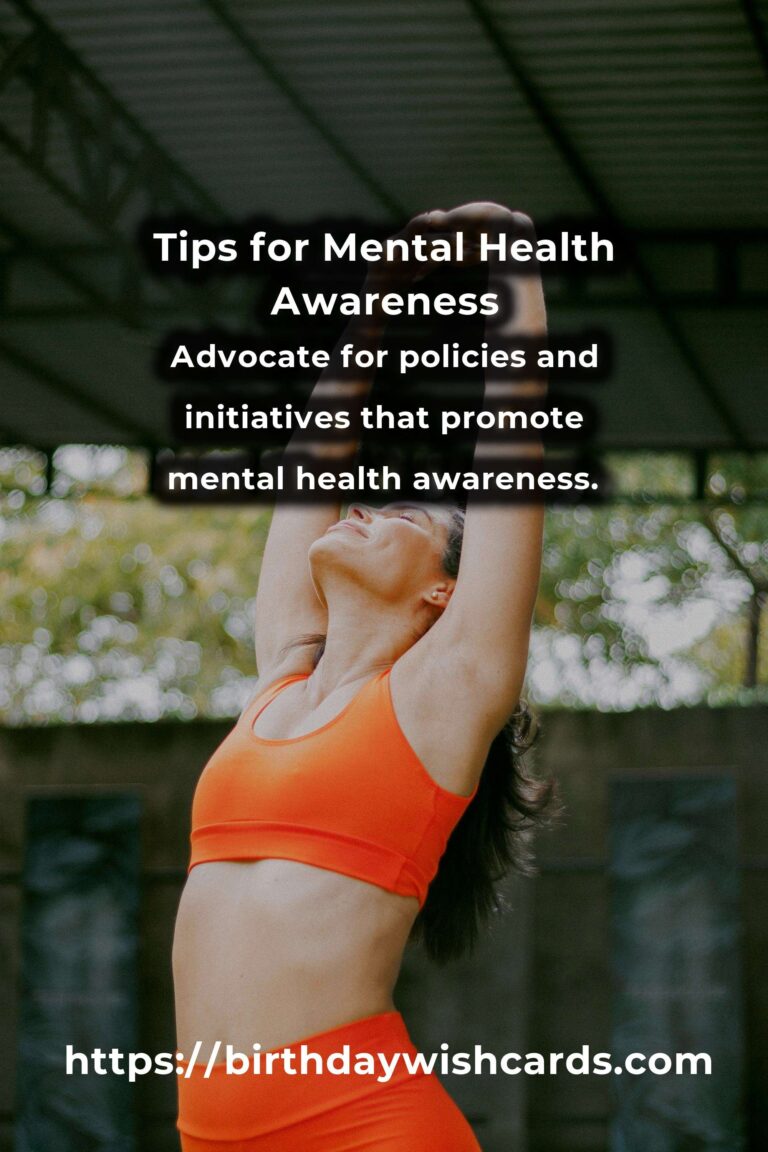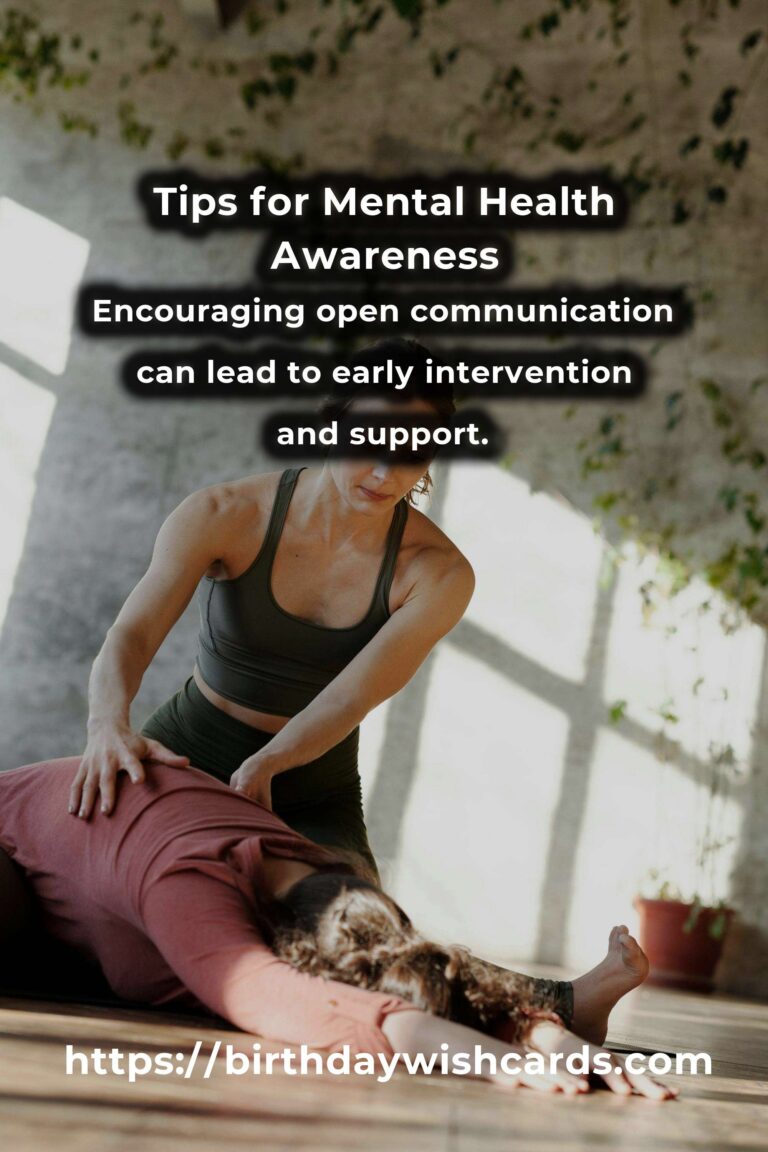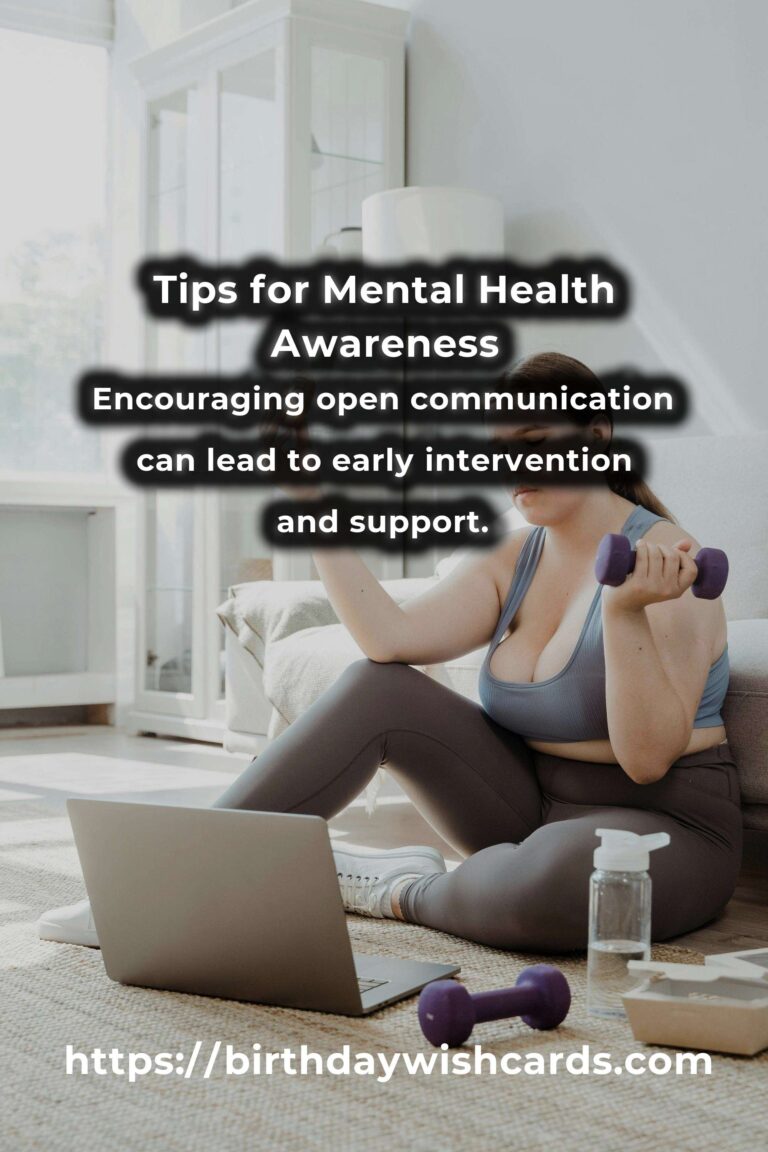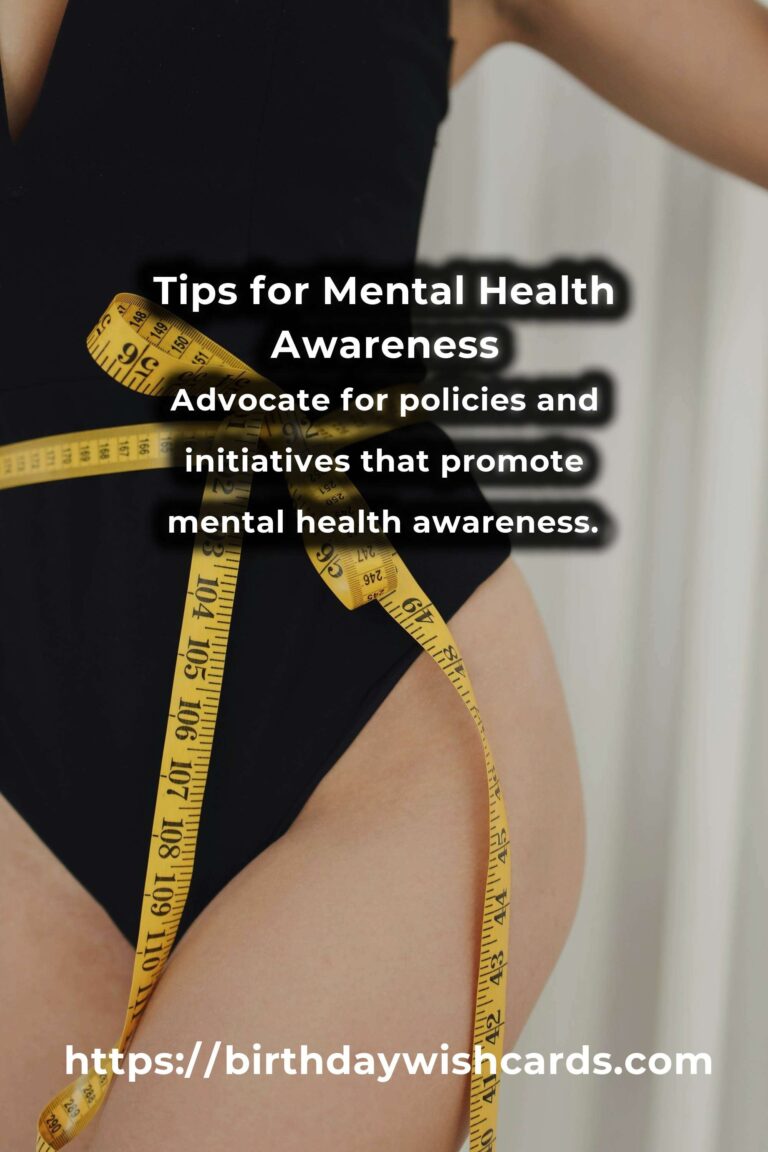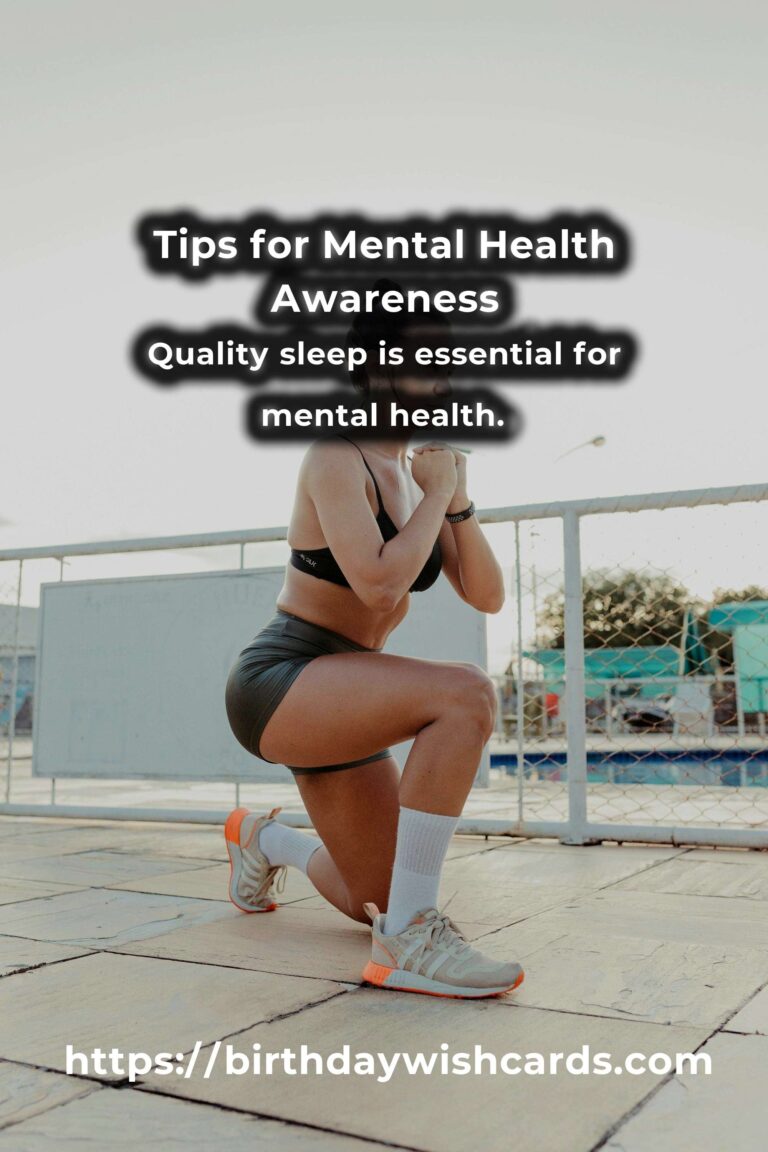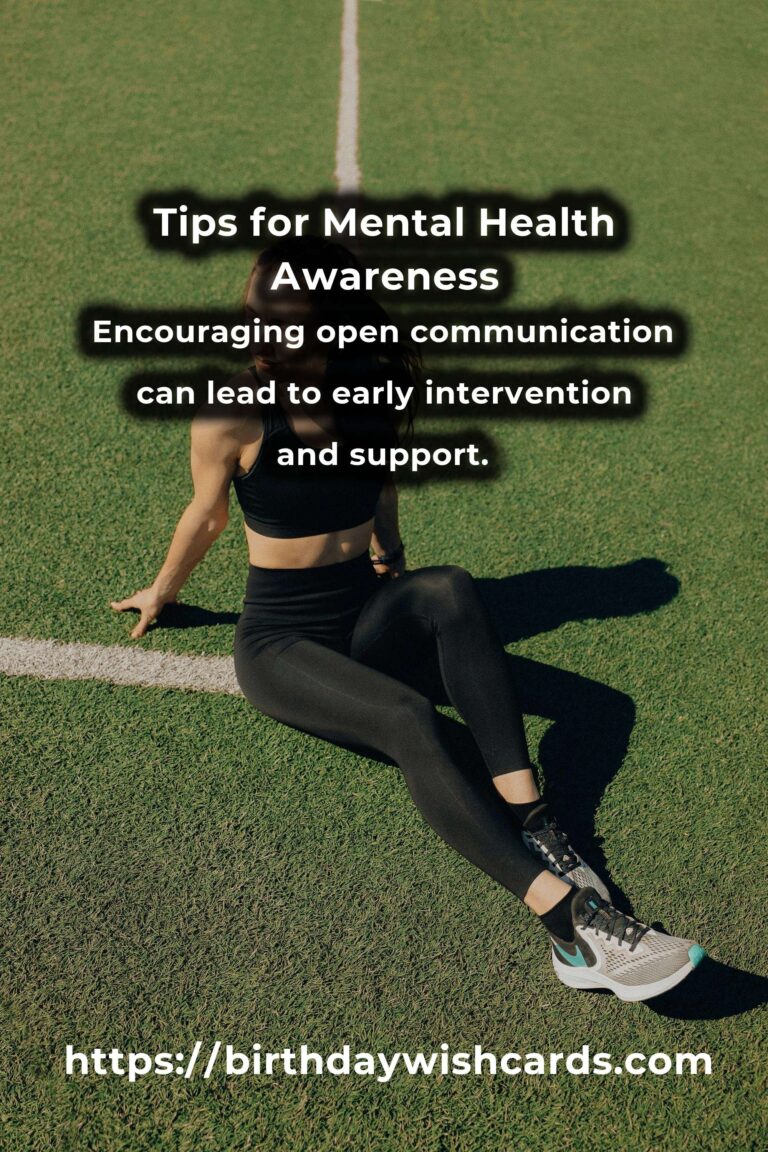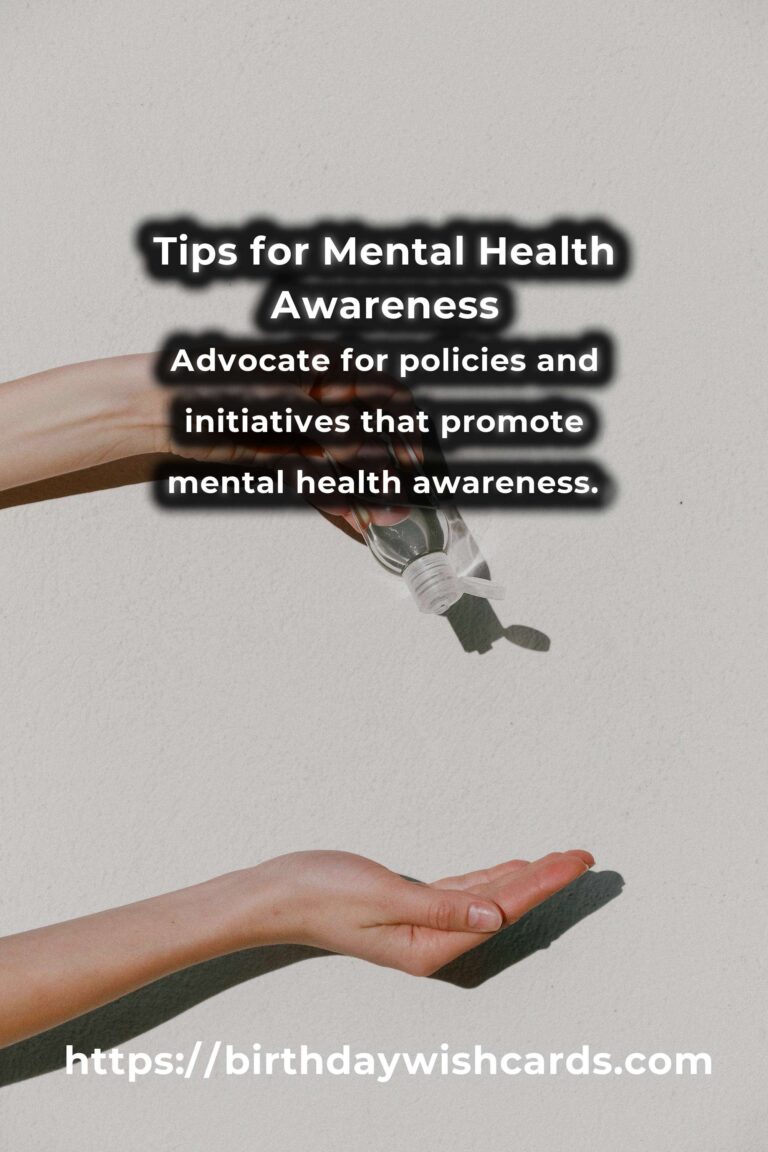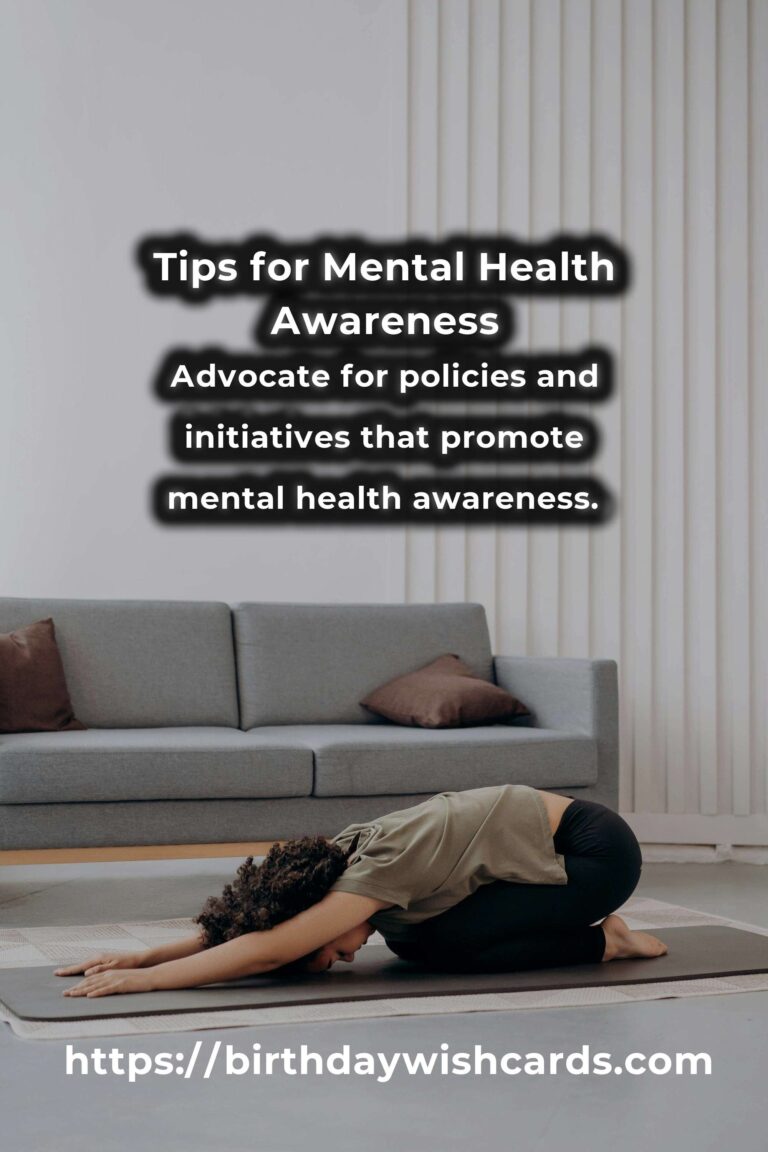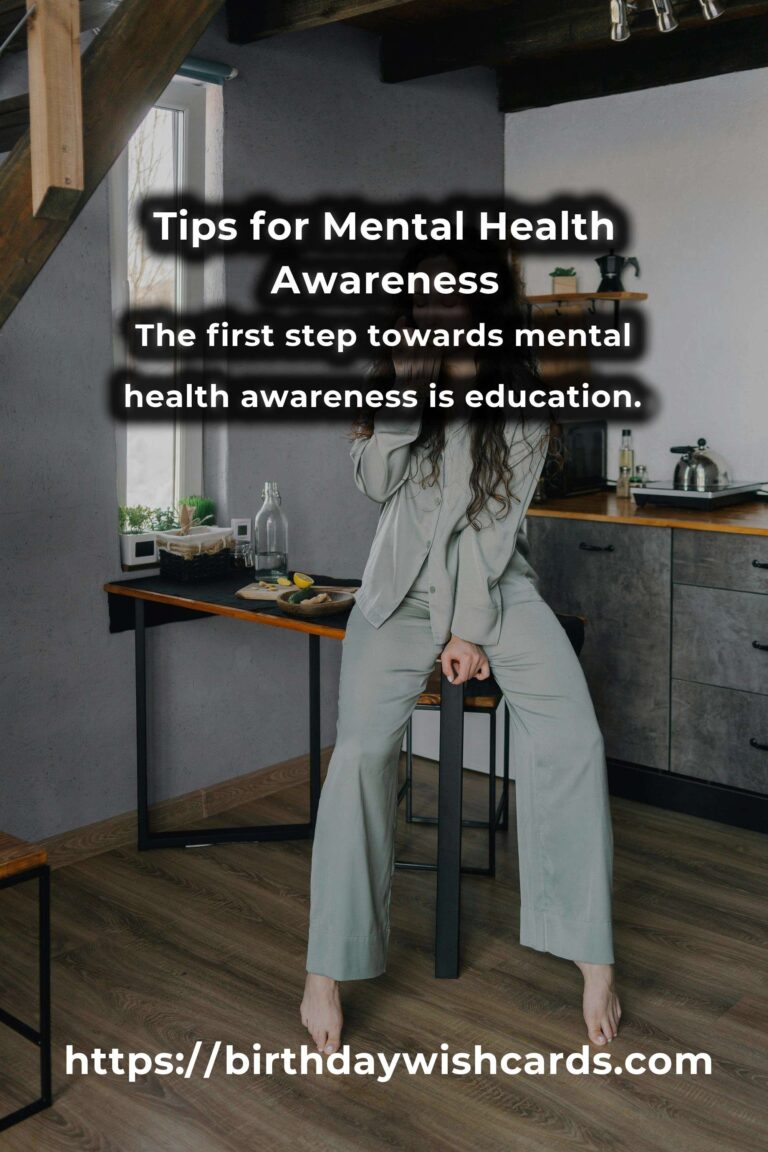
Mental health awareness is crucial in today’s fast-paced world. Understanding and recognizing mental health issues can lead to better well-being and support for those in need. Here, we explore 20 essential tips for increasing mental health awareness.
1. Educate Yourself
The first step towards mental health awareness is education. Understanding different mental health disorders, their symptoms, and treatments can help reduce stigma and promote empathy.
2. Listen Actively
Active listening involves paying full attention to the speaker, understanding their message, responding thoughtfully, and remembering the conversation. This can provide much-needed support to someone struggling with mental health issues.
3. Encourage Open Communication
Creating an environment where people feel comfortable discussing their mental health can lead to early intervention and support.
4. Promote Mental Health Days
Encourage taking mental health days to promote self-care and reduce burnout. This can be beneficial for both mental and physical well-being.
5. Practice Mindfulness
Mindfulness involves being present in the moment and can help reduce stress and anxiety. Techniques include meditation, deep breathing, and mindful movement.
6. Exercise Regularly
Physical exercise is known to improve mood and reduce symptoms of depression and anxiety. Aim for at least 30 minutes of moderate activity most days.
7. Prioritize Sleep
Quality sleep is essential for mental health. Develop a regular sleep routine and create a restful environment to improve sleep quality.
8. Eat a Balanced Diet
Nutritional choices can impact mental health. Eating a well-balanced diet rich in nutrients can support brain function and emotional well-being.
9. Avoid Substance Abuse
Substance abuse can exacerbate mental health issues. Avoiding drugs and alcohol can contribute to better mental health.
10. Set Realistic Goals
Setting achievable goals can provide a sense of purpose and accomplishment, improving mental health.
11. Seek Professional Help
Therapists, counselors, and psychiatrists can provide support and treatment for mental health issues. Don’t hesitate to seek professional help when needed.
12. Practice Gratitude
Focusing on the positives in life and expressing gratitude can improve mood and reduce stress.
13. Build Strong Relationships
Having a supportive network of friends and family can provide emotional support and help with mental health challenges.
14. Limit Social Media
Excessive use of social media can lead to negative mental health outcomes. Limit usage and be mindful of online interactions.
15. Engage in Hobbies
Participating in activities you enjoy can reduce stress and provide a sense of fulfillment.
16. Volunteer
Helping others can increase feelings of happiness and purpose. Volunteering can be a rewarding experience that also benefits mental health.
17. Challenge Negative Thoughts
Identify and challenge negative thought patterns to improve mental health. Cognitive-behavioral techniques can be particularly effective.
18. Practice Self-compassion
Treat yourself with kindness and understanding. Self-compassion can lead to improved mental resilience.
19. Stay Informed
Keep up-to-date with the latest research and information on mental health to better understand and support those around you.
20. Advocate for Change
Support policies and initiatives that promote mental health awareness and resources. Advocacy can lead to systemic changes that benefit everyone.
By implementing these tips, you can contribute to a healthier, more informed community. Remember, mental health is just as important as physical health, and awareness is the first step towards positive change.
The first step towards mental health awareness is education. Encouraging open communication can lead to early intervention and support. Quality sleep is essential for mental health. Seek professional help when needed. Advocate for policies and initiatives that promote mental health awareness.
#MentalHealth #Awareness #SelfCare #WellBeing #MentalHealthMatters


